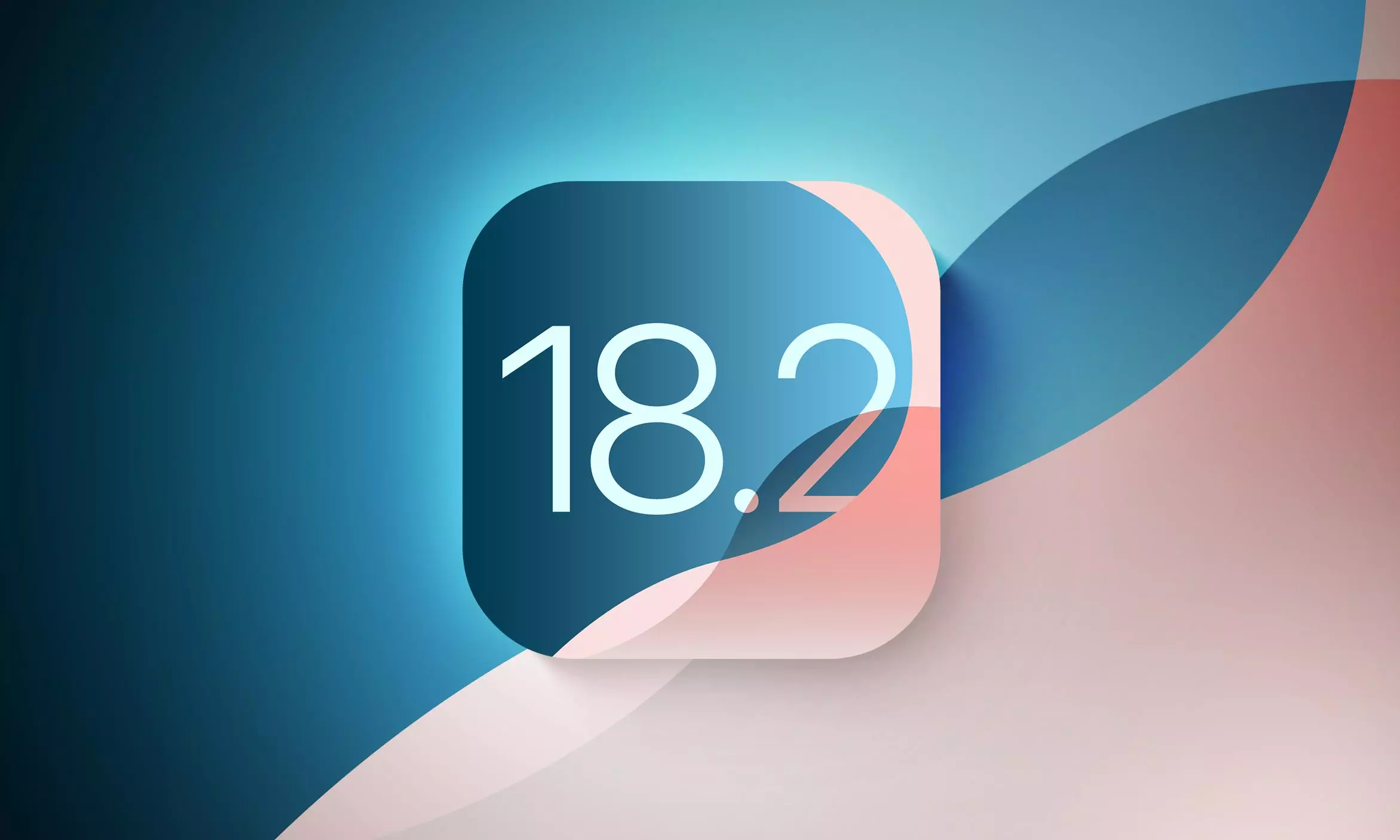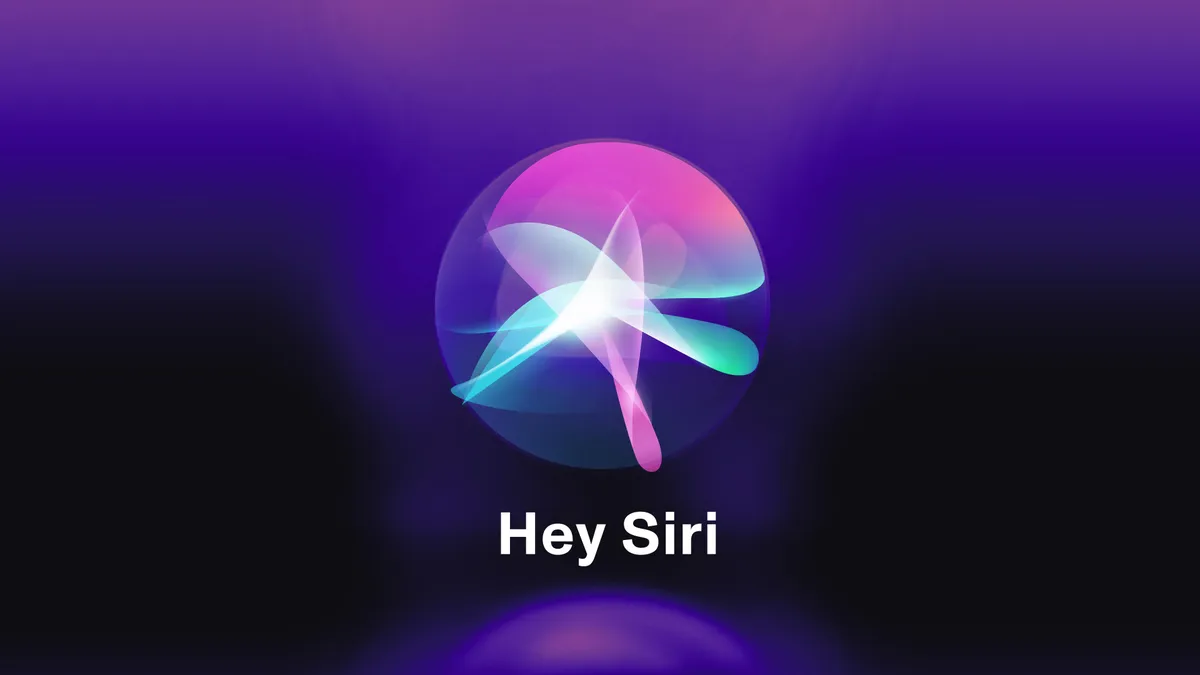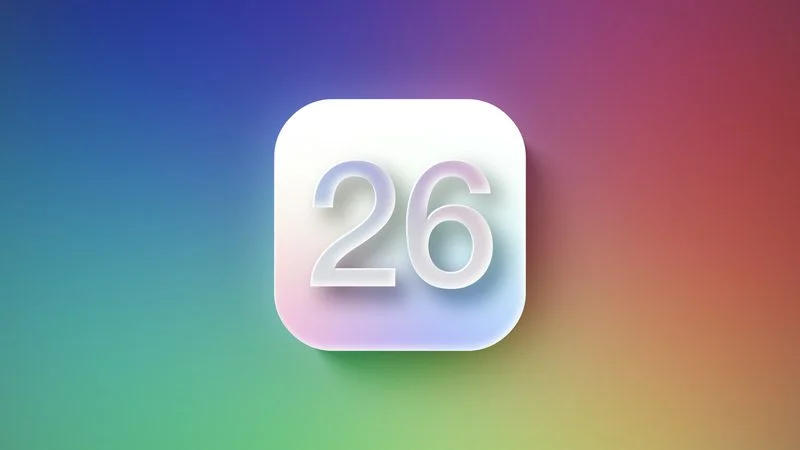The tech world is abuzz with Apple’s latest move: the release of second beta versions for a suite of its operating systems. This signals a continued commitment to refining user experience and introducing subtle yet impactful changes across the Apple ecosystem. Let’s delve into what these updates entail.
macOS Sequoia 15.3: A Touch of AI Magic Comes to the Mac
macOS Sequoia 15.3 is shaping up to be a notable update, particularly for Mac users eager to embrace Apple’s advancements in artificial intelligence. The most exciting addition is undoubtedly Genmoji, a feature previously exclusive to iPhone and iPad. This innovative tool empowers users to create personalized emoji using simple text prompts, much like the functionality found in Image Playground. Imagine typing “a smiling cat wearing a top hat” and instantly generating a unique emoji representing that description.
These custom-created Genmoji function seamlessly within the Apple ecosystem. On devices running the latest operating systems (iOS 18.1, iPadOS 18.1, and macOS Sequoia 15.1 and later), they behave just like standard emoji. However, for users on older operating systems or even Android devices, Genmoji are sent as images, ensuring compatibility across platforms. The integration is smooth, with Genmoji accessible directly from the standard emoji interface. Importantly, the image generation process occurs directly on the device, enhancing privacy and speed.
This feature isn’t universally available across all Macs, however. Genmoji and other Apple Intelligence features are specifically designed to leverage the power of Apple’s silicon chips, meaning only Macs equipped with this technology will be able to take full advantage. This focus on leveraging custom hardware for AI tasks is a trend we’re seeing more and more from Apple.
iOS 18.3 and iPadOS 18.3: Fine-Tuning and Future Focus
The second betas of iOS 18.3 and iPadOS 18.3 have also been released, continuing the cycle of refinement and improvement. While these updates don’t introduce any groundbreaking new Apple Intelligence features themselves, they lay the groundwork for future enhancements. The focus here appears to be on bug fixes, performance optimization, and subtle software refinements, ensuring a smoother and more stable user experience.
One area of anticipated improvement is HomeKit integration. There’s strong indication that these updates will bring support for robot vacuums within the Home app, expanding the smart home ecosystem controlled through Apple devices. Although not visibly present in the first beta, the possibility remains for this functionality to be fully realized in the final release.
It’s expected that more significant Apple Intelligence-driven Siri features will arrive in later updates, likely with iOS 18.4 and iPadOS 18.4. These incremental updates allow Apple to roll out changes in a measured way, ensuring stability and allowing developers time to adapt.
watchOS 11.3, tvOS 18.3, and visionOS 2.3: Expanding the Connected Experience
Apple has also seeded second betas for watchOS 11.3, tvOS 18.3, and visionOS 2.3. These updates, while not packed with immediately visible features, contribute to a more cohesive and interconnected experience across Apple’s diverse product range.
Similar to iOS and iPadOS, these updates are expected to bring support for robot vacuums within HomeKit, ensuring consistency across all platforms. This means users will be able to control their robotic cleaning devices directly from their Apple Watch, Apple TV, and even through visionOS.
Interestingly, there’s been a change regarding previously announced features for tvOS 18.3. The planned new TV and Movies and Soundscapes screen savers, initially unveiled in June, appear to have been removed from the current beta build. This suggests a potential delay or even cancellation of these features, though it’s always possible they could reappear in a future update. Additionally, a new notice about digital movie and TV show sales is expected to be included in tvOS 18.3, likely related to regulatory or legal requirements.
Looking Ahead: A Coordinated Release
All these beta updates point towards a coordinated release strategy. It is anticipated that macOS Sequoia 15.3, alongside iOS 18.3, iPadOS 18.3, watchOS 11.3, tvOS 18.3, and visionOS 2.3, will be officially launched in the coming weeks, likely towards the end of January. This synchronized release will ensure a consistent experience across the Apple ecosystem, allowing users to seamlessly transition between their various devices and benefit from the latest improvements.
In conclusion, these beta updates from Apple represent more than just bug fixes and minor tweaks. They demonstrate a commitment to continuous improvement, a focus on expanding the reach of Apple Intelligence, and a desire to create a more integrated and user-friendly experience across the entire Apple ecosystem. While some features may shift or change during the beta process, the overall direction is clear: Apple is continually refining its software to better serve its users.






